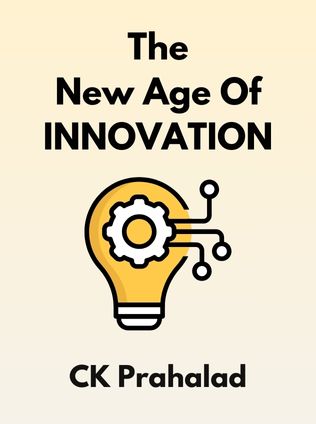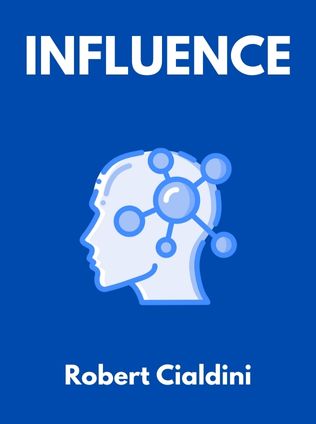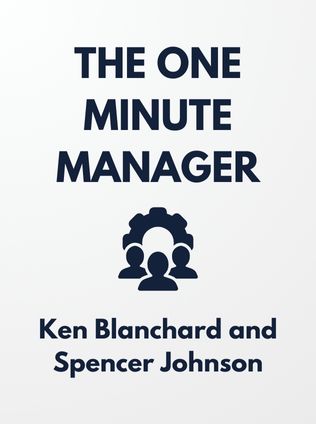
The New Age of Innovation
Driving Cocreated Value Through Global Networks
By CK Prahalad,
Published 05/2008
About the Author
C.K. Prahalad was a visionary thinker and the Paul and Ruth McCracken Distinguished University Professor of Strategy at the University of Michigan's Ross School of Business. His profound contributions to business strategy and innovation have left an indelible mark on the field. Prahalad co-authored several best-selling books, including "The Fortune at the Bottom of the Pyramid," which explored how businesses can create markets in underserved regions. M.S. Krishnan, co-author of "The New Age of Innovation," is a Hallman Fellow and professor of business information and technology at the same institution. Together, they bring a wealth of knowledge and experience to the subject of global business innovation.
Main Idea
"The New Age of Innovation" presents a revolutionary approach to business strategy in the modern, interconnected world. The core premise revolves around two transformative principles: N = 1, which emphasizes the importance of creating personalized experiences for individual consumers, and R = G, which advocates for leveraging global resources to meet those needs. This book explores how these principles are reshaping industries and driving businesses to innovate by co-creating value with customers and partners worldwide.
Table of Contents
- Introduction: A New Paradigm for Business
- The N = 1 Principle: Personalized Customer Experiences
- The R = G Principle: Global Resource Networks
- Transforming Business Processes
- Leveraging Analytics for Innovation
- Building a Flexible ICT Architecture
- Overcoming Organizational Legacies
- Managing Talent Dynamically
- The Journey to N = 1 and R = G
- Conclusion: The Future of Innovation
Introduction: A New Paradigm for Business
In the rapidly evolving business landscape, traditional models are being challenged by new consumer expectations and technological advancements. Prahalad and Krishnan argue that to stay competitive, companies must shift from focusing solely on products to creating unique, personalized experiences for each customer. This requires businesses to adopt the N = 1 and R = G principles, which prioritize individual experiences and global resource access, respectively.
The N = 1 Principle: Personalized Customer Experiences
The N = 1 principle is a fundamental shift in how companies view their customers. Instead of targeting broad market segments, businesses are now focusing on delivering unique experiences tailored to each individual. This approach recognizes that "value is based on unique, personalized experiences of consumers" (Prahalad and Krishnan). The goal is to treat each customer as a distinct entity, understanding their specific needs and preferences.
"Firms have to learn to focus on one consumer and her experience at a time, even if they serve 100 million consumers." - C.K. Prahalad and M.S. Krishnan
To implement N = 1, companies must invest in data analytics and customer relationship management systems that allow for real-time tracking and analysis of customer behavior.
- Amazon uses advanced algorithms to recommend products based on individual browsing and purchase history.
- Netflix personalizes its content recommendations by analyzing user viewing habits and preferences.
- Spotify creates custom playlists for users based on their listening history and musical tastes.
These examples illustrate how businesses can leverage data to create personalized experiences that enhance customer satisfaction and loyalty.
Sign up for FREE and get access to 1,400+ books summaries.
You May Also Like
The Lean Startup
How Today's Entrepreneurs Use Continuous Innovation to Create Radically Successful Businesses
By Eric RiesWho Moved My Cheese?
An Amazing Way to Deal with Change in Your Work and in Your Life
By Spencer Johnson, M.D.Make Your Bed
Little Things That Can Change Your Life...And Maybe the World
By William H. McRavenThe Ride of a Lifetime
Lessons Learned from 15 Years as CEO of the Walt Disney Company
By Robert IgerThe Hard Thing About Hard Things
Building a Business When There Are No Easy Answers
By Ben Horowitz



















